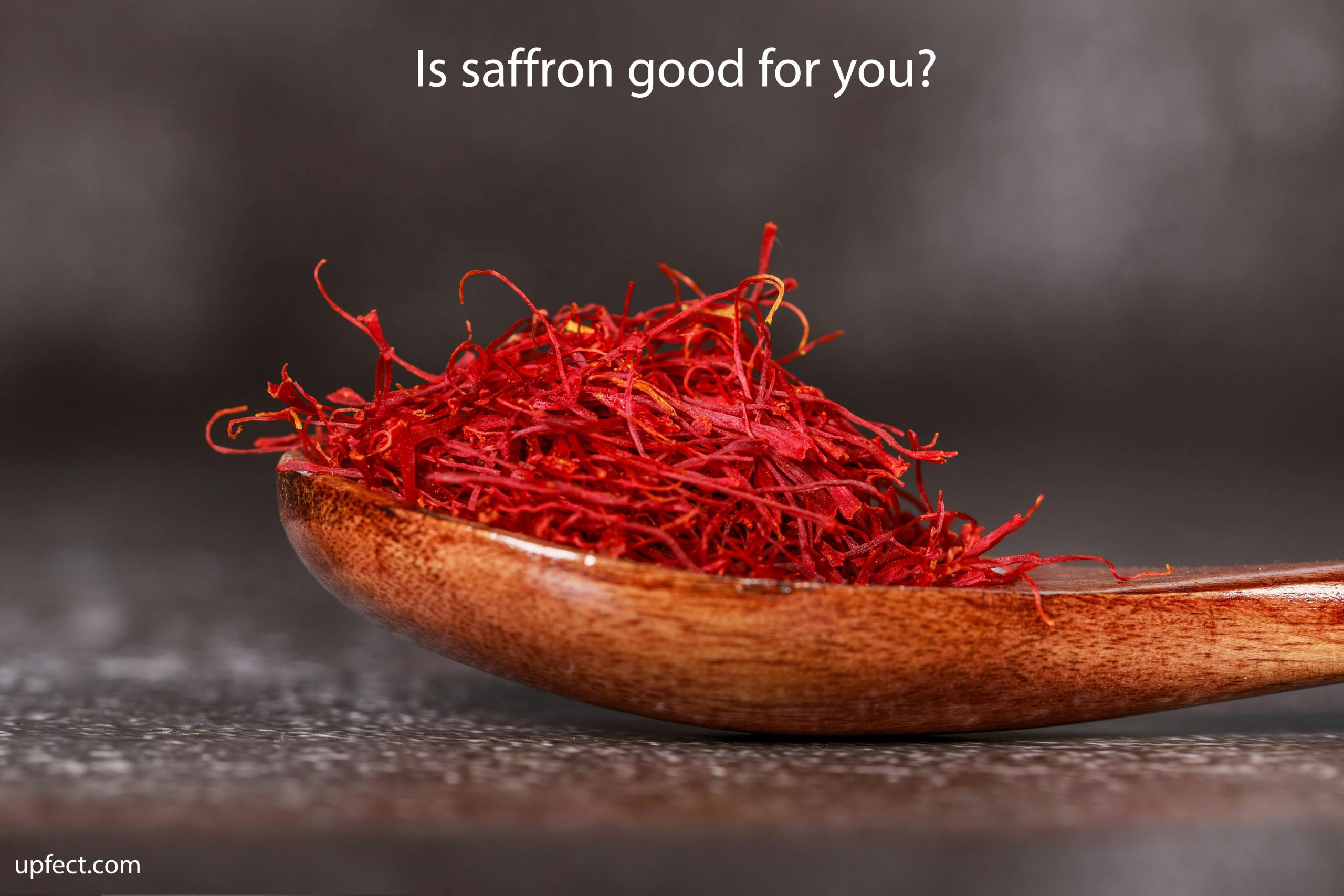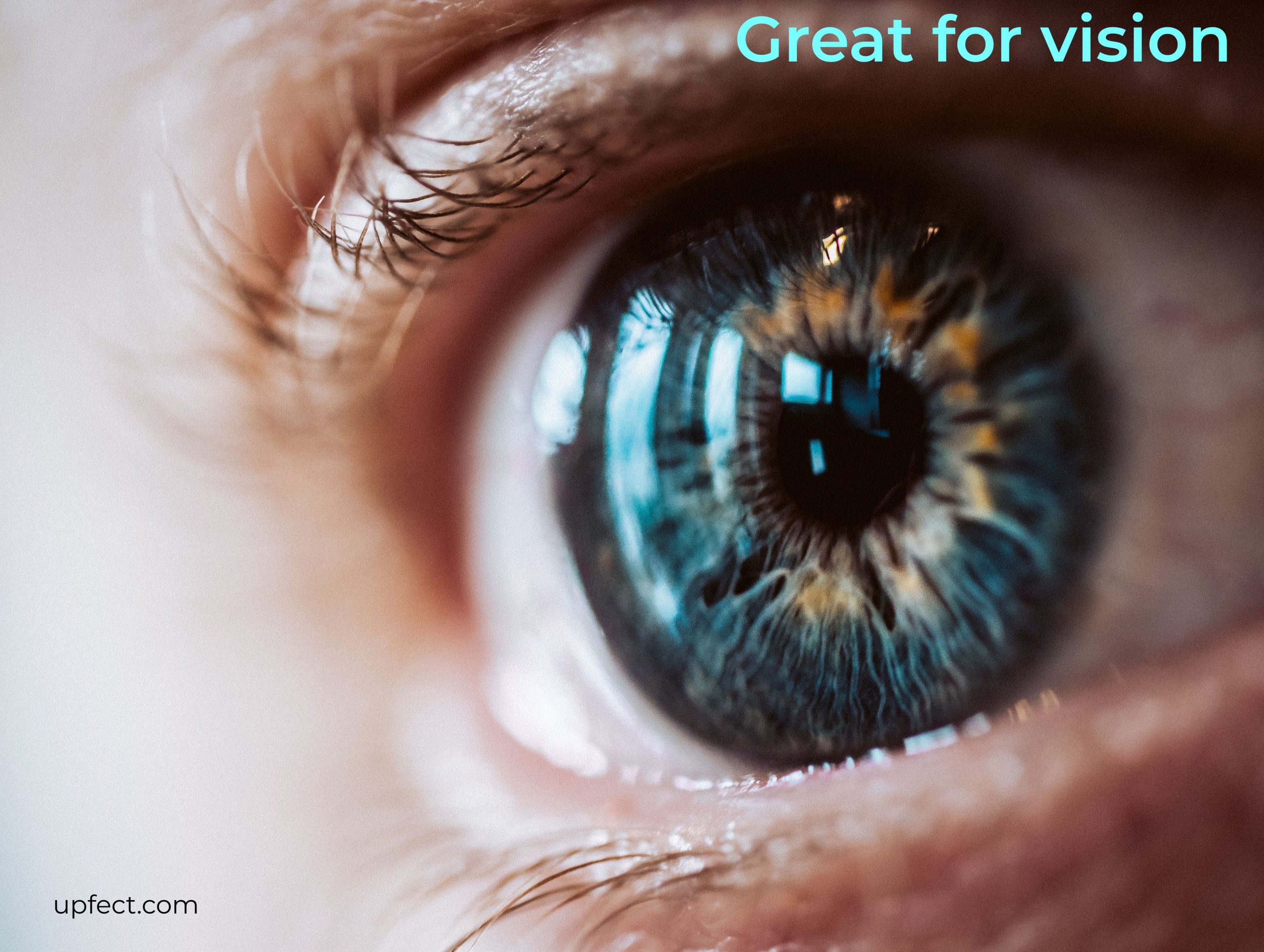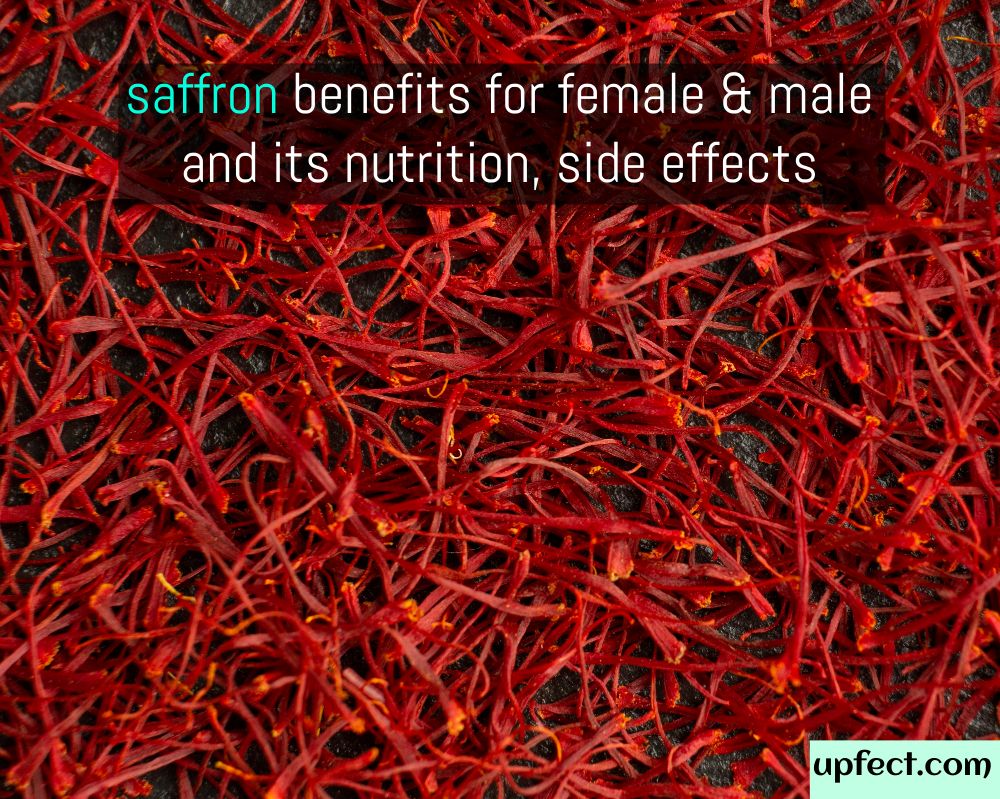
Drinking Saffron Water on an Empty Stomach
What is saffron?
drinking saffron water Saffron, derived from the flowers of Crocus sativus, is one of the most cherished spices in history. Although its origins trace back to Greece, it is primarily produced in cooler regions such as Iran, Spain, and Kashmir, with Iran accounting for over 90% of the world’s saffron supply. The remaining production comes from Spain, Morocco, and Kashmir. Known for its vibrant color and distinct aroma, saffron enhances the flavor and appearance of various sweet dishes globally. However, due to its high cost, obtaining saffron can be challenging.
Historically, drinking saffron water extract has been used to address numerous health issues. It is recognized for alleviating menstrual and stomach problems, treating ulcers, and boosting libido. Additionally, saffron is believed to enhance memory and mood.
Traditionally, saffron has been used to treat ailments related to the eyes, skin, respiratory system, gastrointestinal tract, and genitourinary tract, as well as to ease labor pains. Recent research supports its effectiveness as an antidepressant and anxiolytic, particularly for adults dealing with depression and anxiety.
Is Saffron Water Good for You?
Drinking saffron water is rich in manganese and boasts anti-inflammatory and anti-fungal properties, which can help regulate blood sugar levels and support hormone production in the body. It contains antioxidants that effectively eliminate free radicals, while vitamin C aids in protecting the skin from infections. Key phytochemicals in saffron—such as crocin, crocetin, picrocrocin, and safranal—contribute to its numerous health benefits, with crocin playing a vital role in safeguarding delicate eye tissues from oxidative damage.
Health Benefits of Saffron
Saffron offers a wide array of health benefits, including relief from colds and coughs, improved sleep, support for heart health, enhanced sexual well-being, skin hydration, cancer-fighting properties, mood enhancement, and relief from depressive symptoms. It also supports healthy development during pregnancy.
A Powerful Antioxidant
Saffron is packed with powerful antioxidants, primarily crocin, picrocrocin, and safranal, which protect against free radicals and oxidative stress. The antioxidant kaempferol, found in saffron petals, also helps reduce inflammation.

saffron and Cancer Prevention
Saffron is abundant in antioxidants like crocin, crocetin, and safranal, which offer powerful protective effects by neutralizing harmful free radicals and shielding cells from oxidative stress—a key factor in cancer initiation and progression.
Research has demonstrated that crocin can induce apoptosis in various cancer cells, including those associated with leukemia, ovarian carcinoma, colon adenocarcinoma, and soft tissue sarcoma. A study conducted in Mexico revealed that saffron and its active compounds can inhibit malignant cell growth in humans.
Chronic inflammation creates an environment conducive to cancer development. Saffron’s anti-inflammatory properties help counteract this by suppressing conditions that favor tumor growth. Studies indicate that saffron components can inhibit the proliferation of breast cancer cells and reduce their spread, as well as diminish the growth of colon cancer cells, showcasing potential in colorectal cancer prevention.
The Avicenna Journal of Phytomedicine has published clinical trials highlighting saffron’s medicinal properties, noting its anti-cancer and anti-depressant effects. One randomized, double-blind trial evaluated the impact of saffron on treatment responses in patients with liver metastasis, further supporting its potential therapeutic benefits.

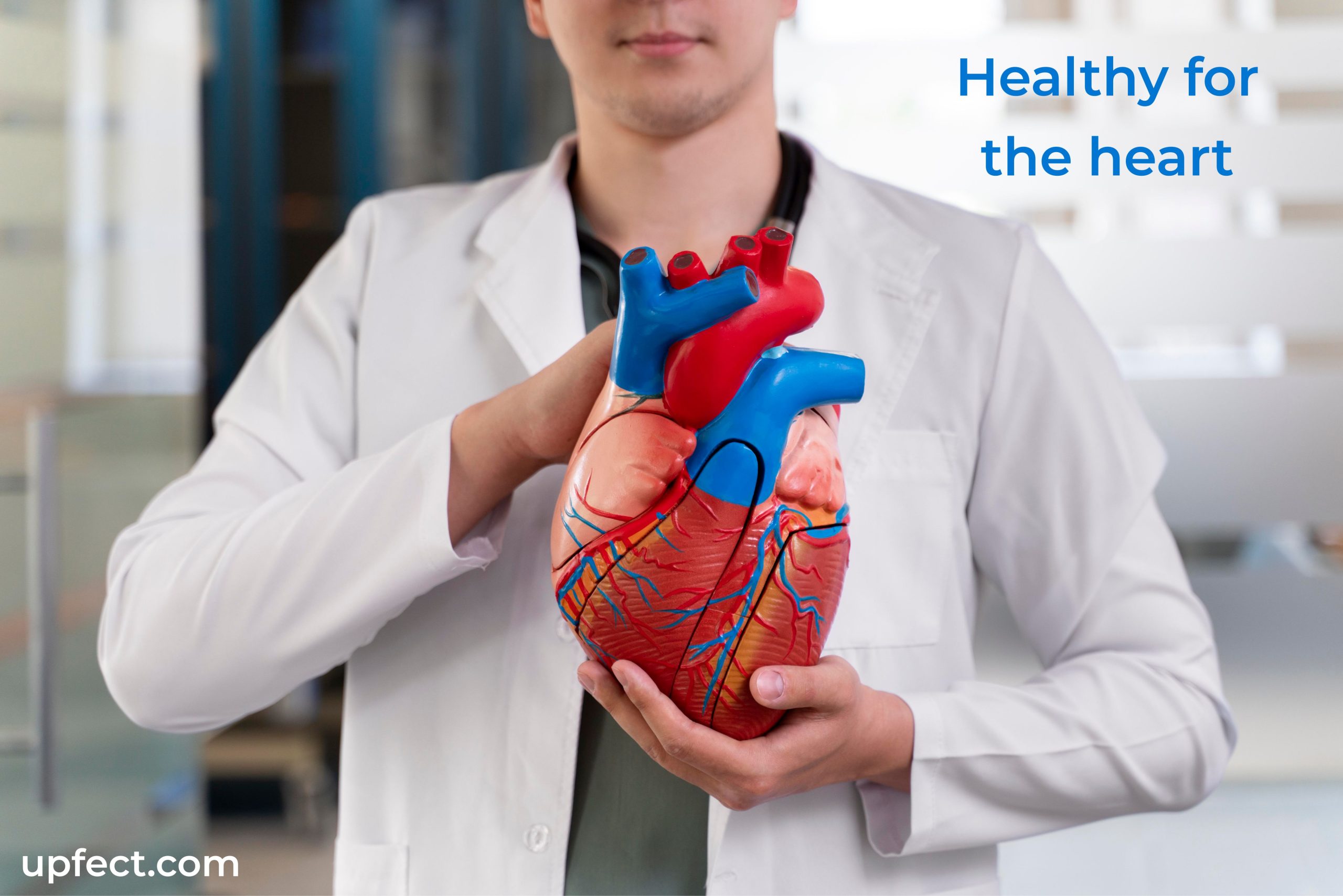
Reduces Blood Pressure and Improves Heart Health
Research suggests that saffron can help regulate blood pressure. Its key components, crocin and safranal, may assist in widening blood vessels, promoting smoother blood flow, and ultimately contributing to blood pressure control. Preliminary studies also indicate that saffron can help manage cholesterol levels, potentially increasing HDL (good cholesterol) while lowering LDL (bad cholesterol), thereby enhancing cardiovascular health.
Crocetin, another compound found in saffron, has been shown to increase oxygen levels in the body, offering further protection against heart disease.
Saffron also demonstrates antioxidant effects by reducing lipid peroxidation in human platelets. A previous study found that individuals with coronary artery disease who took 50 mg of saffron extract twice daily experienced improved antioxidant status.
Saffron: Good for Your Skin
Saffron’s natural properties can help brighten the skin. When applied topically, it can even out skin tone by lightening dark spots and blemishes. Rich in antioxidants, saffron effectively scavenges free radicals that contribute to skin aging. These antioxidants also protect the skin from environmental stressors, helping to maintain a youthful and healthy appearance.
Thanks to its anti-inflammatory properties, saffron can soothe skin irritations and reduce redness, making it beneficial for conditions like eczema and acne. Historically, it has been used as a natural exfoliator to enhance skin texture, leaving it smoother and more supple.
Research has shown that saffron extract possesses skin-protective qualities, including the inhibition of tyrosinase and collagenase, antioxidant activity in mouse macrophage cells, and the promotion of collagen and hyaluronic acid synthesis in human neonatal dermal fibroblast cells.
Saffron is known for its calming effects on sensitive or inflamed skin. In addition to its brightening benefits, it inhibits melanin production, reduces dark spots and hyperpigmentation, improves skin texture, and enhances blood circulation.
Furthermore, saffron contains beta-carotene, a precursor to vitamin A that is essential for healthy skin, eyes, and immune function. This antioxidant supports collagen production, which is crucial for maintaining skin health.
Due to its antibacterial properties, saffron is also an effective natural remedy for acne-prone skin, helping to combat acne-causing bacteria. It promotes a brighter complexion, diminishes the appearance of acne scars, and reduces the frequency of breakouts. Additionally, saffron helps regulate excess oil production, minimizing clogged pores and the formation of whiteheads or blackheads.
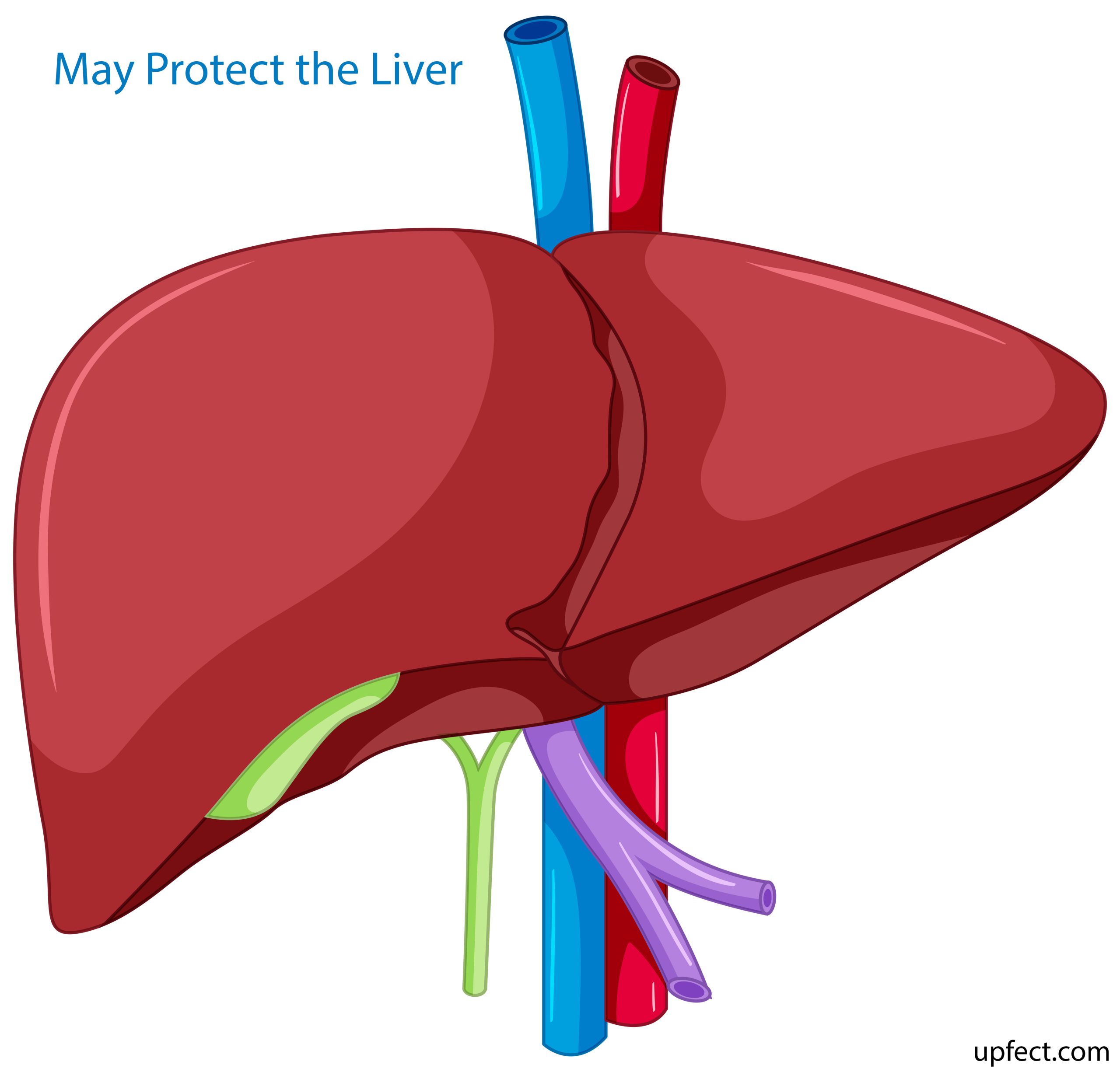
Saffron Improves Eye Health
Saffron’s antioxidant properties make it a powerful protector against eye damage caused by oxidative stress. Ocular tissues are particularly susceptible to oxidative damage from free radicals, which can lead to various vision-related disorders. The bioactive compounds in drinking saffron water, especially crocin, combat these free radicals, safeguarding the delicate tissues of the eyes.
Rich in carotenoids known to benefit eye health, drinking saffron water is linked to improved vision. Research indicates that saffron may help reduce vision loss and alleviate symptoms of macular degeneration. Its ability to slow the progression of age-related macular degeneration stems from its protective effects against cellular damage, helping to maintain the integrity of the retina—a crucial part of the eye that converts light into neural signals.
Studies suggest that saffron can protect the retina from degenerative processes, enhance visual acuity, and support overall retinal function. Beyond mitigating stressors affecting the retina, saffron may strengthen the retina against harmful effects, minimize light-induced damage, and contribute to better visual performance.
drinking Saffron water medicinal benefits extend beyond preventative care for eye health; it also shows promise in treating conditions like glaucoma and cataracts. Research indicates that saffron can help prevent cataract formation and lower intraocular pressure, offering a holistic approach to managing both conditions. Additionally, saffron has been shown to enhance visual function, positively affecting color perception, contrast sensitivity, and overall visual acuity.
Saffron Benefits for Women
Saffron is particularly beneficial for women, especially in managing menstrual health.
May Reduce Period Pain and PMS Symptoms
One of the notable advantages of saffron for women is its significant impact on hormonal balance. Research has shown that saffron can alleviate symptoms associated with menopause and premenstrual syndrome (PMS). The compound safranal in saffron helps regulate mood swings, reduce irritability, and ease menstrual cramps. During these hormonal fluctuations, saffron serves as a calming remedy that promotes emotional stability.
Saffron’s ability to balance mood and alleviate anxiety and irritability during the premenstrual period has garnered scientific attention. Its influence on neurotransmitters like serotonin suggests that it could serve as a natural remedy for anxiety and depression linked to PMS.

